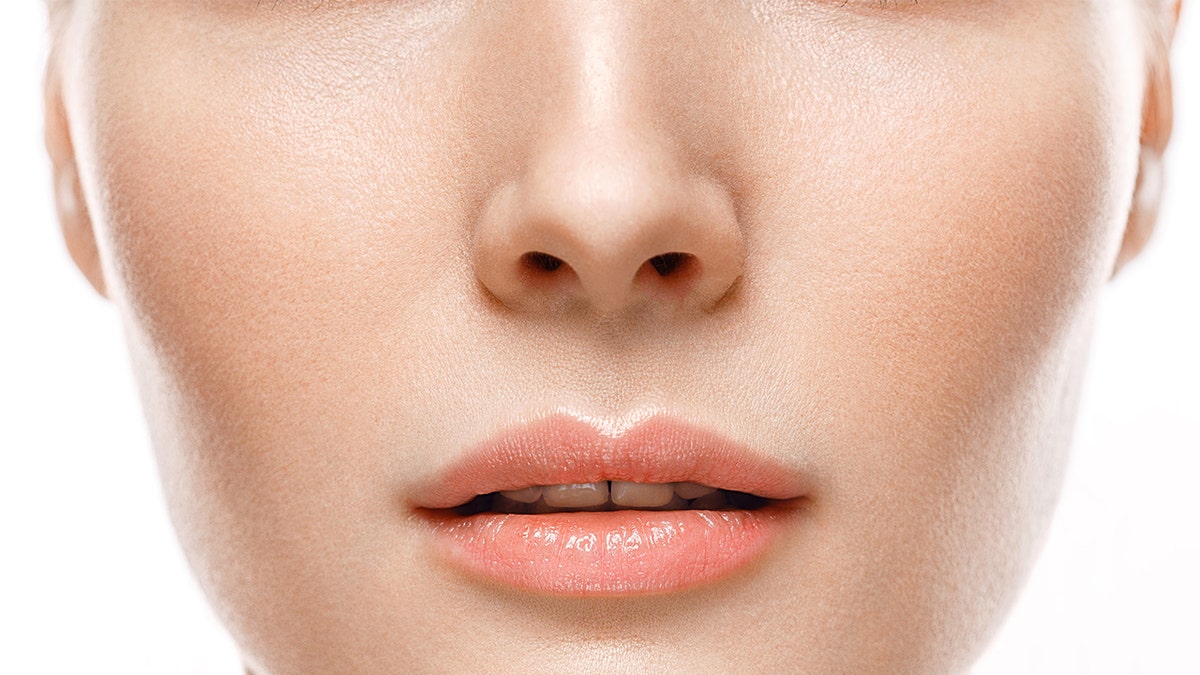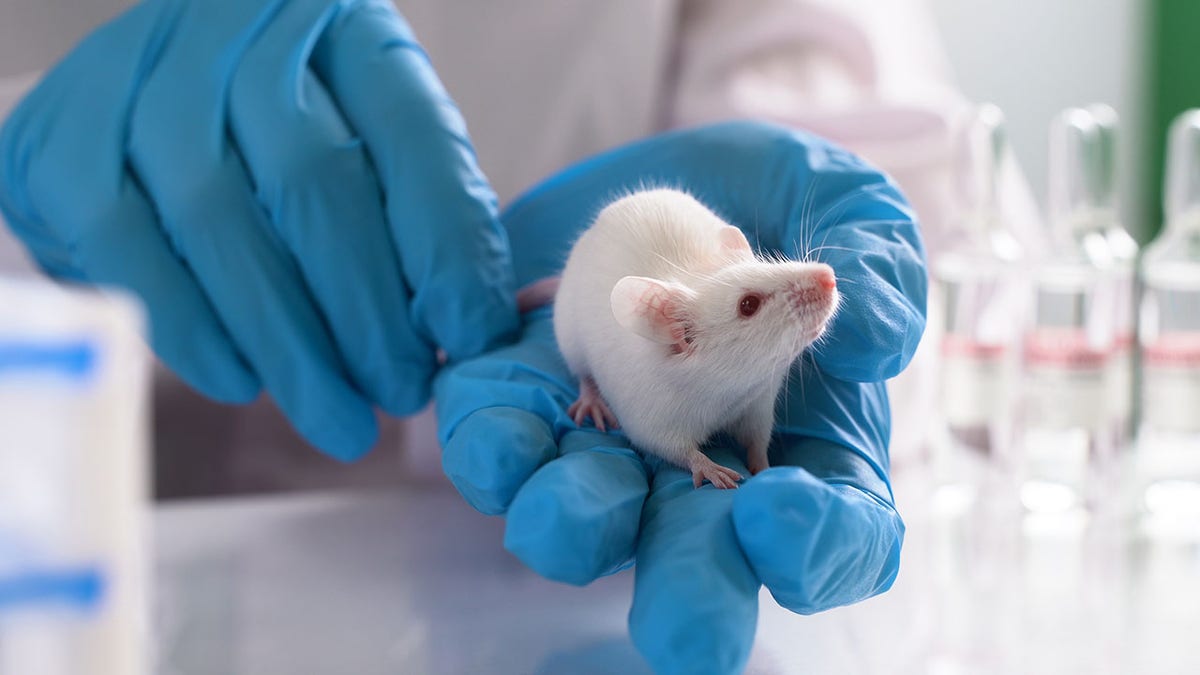Fox News Flash top headlines for November 3
Fox News Flash top headlines are here. Check out what's clicking on Foxnews.com.
Nose picking may be more than just a social faux pas.
A study out of Australia suggests there may be a link between nose picking and developing late-onset Alzheimer's disease.
The study — titled "Chlamydia pneumoniae can infect the central nervous system via the olfactory and trigeminal nerves and contributes to Alzheimer’s disease risk" — was published in the journal Scientific Reports.
It examined the ability of bacteria to travel up the nose and into the brain in mice.
ALZHEIMER'S DRUG YIELDS POSITIVE RESULTS IN EARLY STAGES OF DISEASE
"Chlamydia pneumoniae is a respiratory tract pathogen but can also infect the central nervous system (CNS)," according to the study — noting that there is an "increasingly evident" connection between a C. pneumoniae infection in the central nervous system and the development of late-onset dementia.
The bacteria traveled between the nose and the brain in mice, the study revealed.

Medical researchers are advising people to refrain from picking their nose or plucking their nose hairs, as it could damage the inside of the nose — increasing the risk of infection. (iStock)
"We’re the first to show that Chlamydia pneumoniae can go directly up the nose and into the brain where it can set off pathologies that look like Alzheimer’s disease," said Dr. James St John, one of the study's co-authors, in a press release published Oct. 28, 2022.
"We saw this happen in a mouse model, and the evidence is potentially scary for humans as well."
When a mouse's nose was injured and infected with C. pneumoniae, there was "increased peripheral nerve and olfactory bulb infection."
St John is the head of the Clem Jones Centre for Neurobiology and Stem Cell Research at Griffith University in South East Queensland, Australia.
"In mice, CNS infection has been shown to occur weeks to months after intranasal inoculation," researchers noted.
In this study, however, the scientists showed that the mice's nose and facial nerves, along with the olfactory bulb and brain, were infected within three days of being exposed to the bacteria.

The next steps will be to replicate the study with human patients — to determine if human noses are similar avenues for bacterial infection, the study's authors said. (iStock)
"C. pneumoniae infection also resulted in dysregulation of key pathways involved in Alzheimer’s disease pathogenesis at 7 and 28 days after inoculation," said the study.
When a mouse's nose was injured and infected with C. pneumoniae, there was "increased peripheral nerve and olfactory bulb infection."
COGNITIVE DECLINE CAN BE AVOIDED WITH SIMPLE, EVERYDAY EXERCISES, NEW STUDY SUGGESTS
The next steps will be to replicate the study with human patients to determine if human noses are similar avenues for bacterial infection, said St John.
"We need to do this study in humans and confirm whether the same pathway operates in the same way," he said in the press release.

Lab mice in the Australian study were exposed to bacteria and subsequently developed symptoms similar to Alzheimer's disease. (iStock)
"It’s research that has been proposed by many people, but not yet completed."
"What we do know is that these same bacteria are present in humans, but we haven’t worked out how they get there," added St John.
NEW STUDY INDICATES DEMENTIA SIGNS CAN BE DETECTED NEARLY A DECADE BEFORE DIAGNOSIS
Alzheimer's is the fifth-leading cause of death in the United States for adults over age 65, according to the Centers for Disease Control (CDC), and the seventh-leading cause of death for adults overall.
About 6.5 million people in the United States are living with Alzheimer's disease, said the CDC, making it the most common form of dementia in older adults.

"If you damage the lining of the nose, you can increase how many bacteria can go up into your brain," said Dr. James St John of Griffith University in South East Queensland, Australia. (iStock)
Alzheimer's disease does not have a known cause, said the CDC.
In the meantime, St John is advising people to refrain from picking their nose or plucking their nose hairs, as that could damage the inside of the nose, increasing the risk of any kind of infection.
"We don't want to damage the inside of our nose, and picking and plucking can do that," he said in the press release.
CLICK HERE TO GET THE FOX NEWS APP
"If you damage the lining of the nose, you can increase how many bacteria can go up into your brain."

